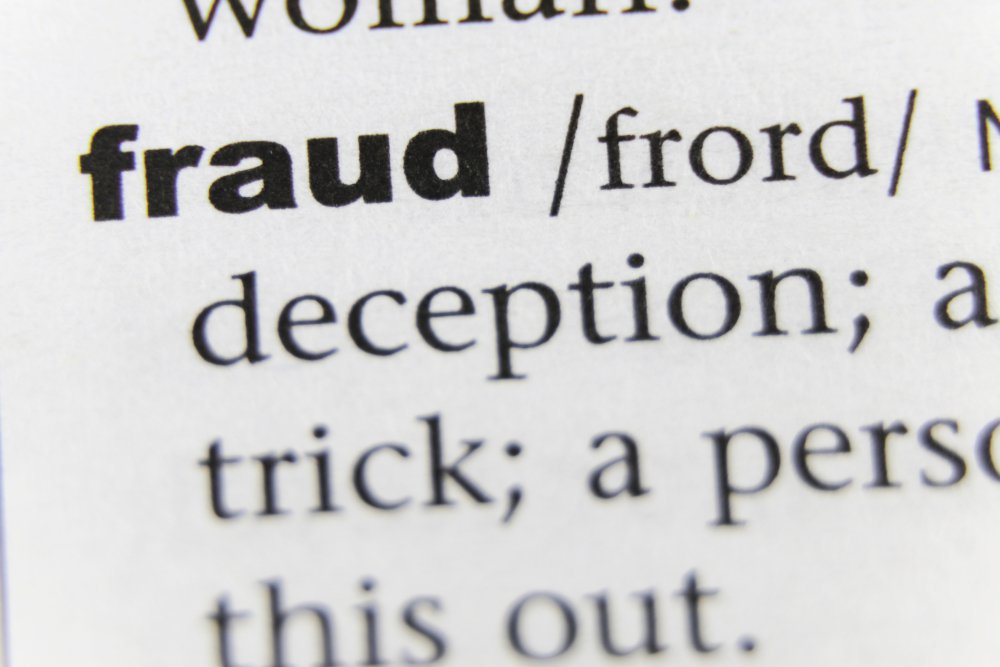{3:00 minutes to read} In a recent blog, we talked about fraud during the underwriting process — the formation of the insurance contract.
When fraud is committed during the claims process and involves property, casualty or liability insurance, the entire claim will be forfeit. This applies to, among others:
- Professional liability policies;
- General liability policies;
- Commercial liability policies;
- Homeowner’s policies;
- Automobile insurance policies;
- Employment Practices Liability Policies (EPLI); and
- Errors and Omissions policies (E&O).
In other words, it applies to the important policies that protect both your property and potential liability for claims asserted against you.
When filing one of these types of claims, your insurance company will ask for information regarding the nature of your claim.
If you are filling out a property loss claim, perhaps due to water or fire damage, theft or vandalism, the insurance company will require you to fill out something called a Proof of Loss form. A Proof of Loss form requires the policyholder to swear to the insurance company, in writing, what items have been lost or damaged in the claim and what the value of those items are.
If you falsely swear to information and/or make misrepresentations on your Proof of Loss forms, you’ll forfeit your claim in its entirety — not just the portions that are exaggerated or misrepresented.
People with large losses will often hire a public adjuster to submit their Proof of Loss forms. Public adjusters are generally familiar with the process and understand what they need to do in order to settle a claim. They also have an intimate familiarity with how to value and set up the evaluation of a Proof of Loss, but, critically, they are still not you. They cannot swear on your behalf as to the details of your claim and the value of your claim.
In addition to misrepresenting the items lost or value of a claim, not cooperating with the insurance company is also grounds for them to refuse to pay you. Virtually all insurance policies contain a provision that entitles the insurance company to have the insured appear, testify, and swear to the events surrounding the loss. That is called an examination under oath, or EUO.
Cooperation is a key element to your obligations under an insurance policy. It is vital to understand that in most states, including New York if you don’t appear and cooperate with the insurance company, your entire claim will be rejected for lack of cooperation.
These are just some of the things you need to know to manage the claims process with an insurance company. To obtain a more comprehensive review of your insurance claim, contact our offices today.
Evan S. Schwartz
Founder of Schwartz, Conroy & Hack
833-824-5350
[email protected]


